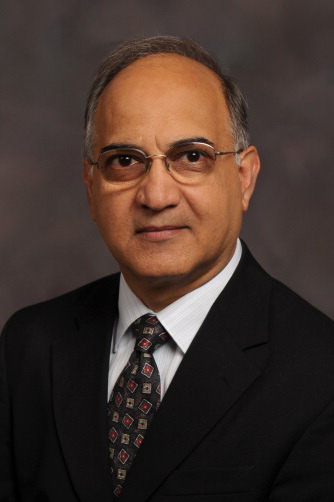
Electrical energy needs are growing globally due to increased dependence on electricity for daily activities in homes and businesses. Increase in the world population and programs to provide electricity access to 1.3 billion people around the world, who currently don't have access to electricity, are further increasing the demand for electricity. Economic viability of renewable energy resources and associated technical advances provide new opportunities to meet these challenges. In addition to providing electricity to the grid at large scale, renewable resources have potential to provide electricity access to remote rural communities using off-grid technologies. Business as usual with ad-hoc growth to meet these needs will result in higher carbon emissions, resulting in global warming and drastic climate change. New policies and plans with global partnerships are needed for coordinated growth in the electrical energy infrastructure with higher dependence on renewable energy resources.
Anil Pahwa received the B.E. (honors) degree in electrical engineering from BITS-Pilani, India, in 1975, the M.S. degree in electrical engineering from University of Maine, Orono, in 1979, and the Ph.D. degree in electrical engineering from Texas A&M University, College Station, in 1983. Since 1983, he has been with Kansas State University, Manhattan, where presently he is Professor and Logan-Fetterhoof Chair in the Electrical and Computer Engineering Department. The National Academy selected him as a Jefferson Science Fellow in 2014 to serve as a Senior Science Advisor in the U.S. State Department for one year. He worked in the East Asian and Pacific Affairs Bureau on international policies to facilitate higher deployment of renewable energy. He has received several awards for his research and professional accomplishments including the IEEE PES Douglas M. Staszesky Distribution Automation Award and the Frankenhoff Outstanding Research Award of Kansas State University College of Engineering. He is a Fellow of IEEE.